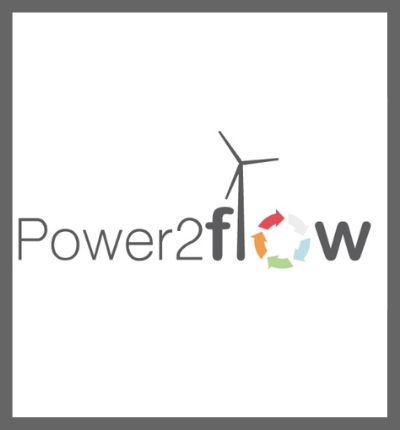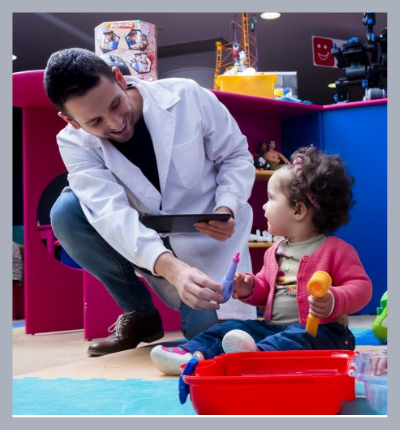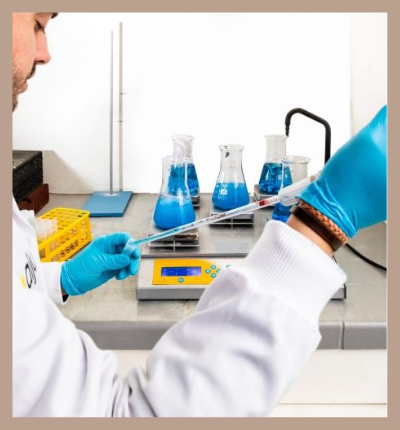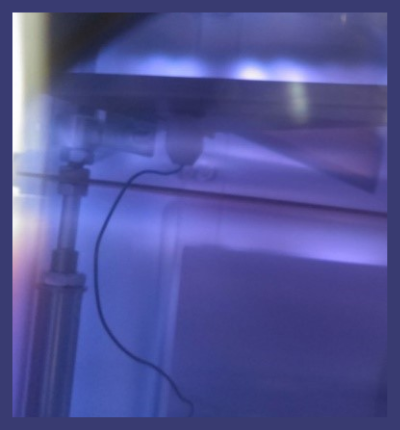Area: 2019

Development of a rechargeable Zn-air redox flow battery
The main objective of the project is to design, develop and characterise the different components that form part of a zinc-air redox flow battery, in order to create a prototype for a rechargeable battery that can store surplus energy.
View more


Additive Manufacturing R&D
Additive manufacturing is constantly evolving, searching for new materials that make it possible to bring additive manufacturing closer to a final part or that confers new properties on that part.
View more

Research into children’s skills in the use of technological toys in order to generate and rapidly transfer design guidelines to companies – TECH-TOYS INTERACTION



Industrial environment R&D
The objective of this line of research at AIJU is to continue to develop a series of activities that can assess different fractions of industrial waste generated in the productive process of industries in the sector and in the industrial fabric of the area, and whose current destination is to end up in security landfills.
View more

R&D Methodologies for the assessment of playgrounds
Designing safe playgrounds that are also attractive for children requires participative and multidisciplinary processes that are increasingly offering more innovative proposals that are in turn much harder to assess insofar as their risk versus their benefit to children is concerned.
View more

R&D in advanced energy technologies
The main challenges facing our current energy systems, and therefore our current energy technologies, are clearly defined by the policies set forth by such bodies as the European Commission. The following priority objectives were set for 2020:
- Reduce greenhouse gas emissions by 20%.
- Reduce energy consumption by 20%.
- Increase the contribution of renewable energies to the energy mix up to at least 20%.
